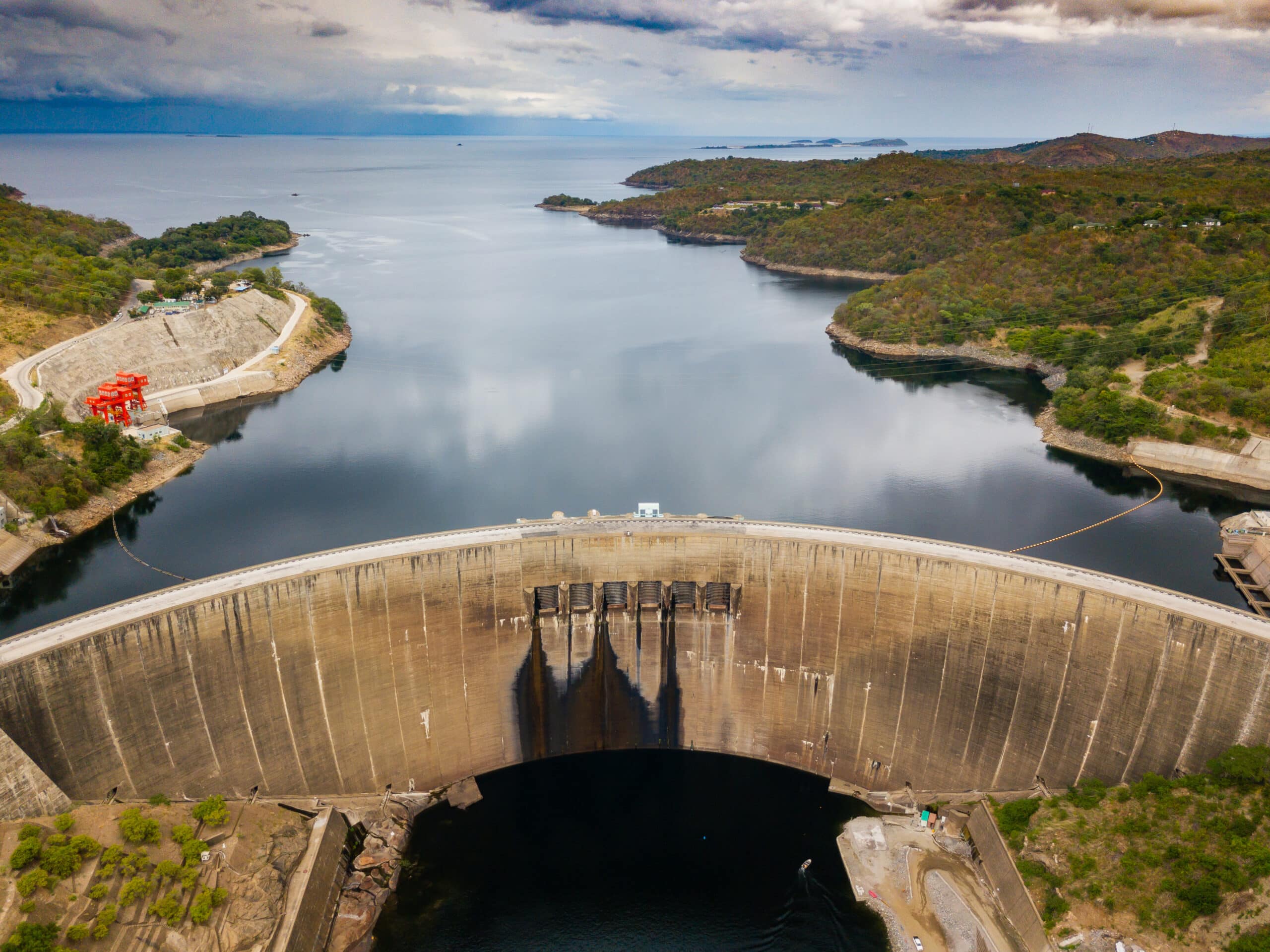Zambia and Zimbabwe have embarked on a substantial reevaluation of the Batoka hydropower plant project, an initiative estimated at $5 billion. This significant undertaking represents a recalibration of their joint developmental strategies in energy production. The project, initially shadowed by agreements with General Electric and Power Construction Corporation of China, is currently under a retendering process in hopes of securing new bidders. The collaboration aims to enhance the energy stability and economic growth in the region.
Retendering the Batoka hydropower plant underscores the commitment of both nations to sustainable and efficient energy resource management. The facility, poised to perch on the gorges of the mighty Zambezi River, is expected to dramatically transform the power dynamics in Southern Africa. With a projected capacity of 2.4GW, the hydropower plant will not only satisfy the local demand but could potentially export surplus electricity, providing a greener energy solution for neighboring countries.
The shared vision between Zambia and Zimbabwe in revisiting the Batoka Gorge project brings into focus the complexities and the significance of collaborative investments in the energy sector. The decision to seek new developers through a transparent bidding process reflects a meticulous approach to ensure the project’s success and longevity, affirming the bilateral commitment to fostering economic resilience and sustainable development within the region.
The Batoka Gorge Hydropower Station, a significant and ambitious venture, is positioned to fundamentally elevate the energy portfolios of Zambia and Zimbabwe, harnessing the power of the Zambezi River.
Significance and Scope
The Batoka hydropower project is a major infrastructure endeavor with a projected budget of $5 billion. It aims to construct a hydroelectric power plant on the Batoka Gorge, located downstream of the renowned Kariba Dam. The scope of this project includes the generation of substantial electrical power to meet the increasing energy demands of both Zambia and Zimbabwe, amplifying their capability to pursue economic growth and development while increasing regional energy security.
Partners and Developers
Initially awarded to General Electric Co. and Power Construction Corp. of China, the project now seeks new developers through a retendering process managed by the Zambezi River Authority. This joint venture, equally represented by the governments of Zambia and Zimbabwe, underscores the collaborative nature of shared natural resources management and the pursuit of mutual economic benefit.
Environmental and Economic Impact
The Batoka hydropower plant project is expected to have profound environmental and economic impacts. Environmentally, careful consideration must be given to the preservation of the local ecosystem, while economically, the project stands to catalyze job creation and energy trade potential. With careful stewardship, the hydropower plant could represent a sustainable energy source, symbolizing a leap forward in green energy utilization within the region.
Project Retendering and Bidding Process
The high-profile retendering of the Batoka hydropower plant, a joint venture between Zambia and Zimbabwe, marks a significant phase that aims to engage new bidders and drive the project towards its critical milestones.
Timeline and Milestones
The retendering process is scheduled to culminate with the selection of potential developers by September, following a stringent and transparent bidding process. The Zambian and Zimbabwean governments, acting through the Zambezi River Authority (ZRA), have set April 2025 as the key date by which they aim to have selected bidders that align with the developmental goals of both nations.
Criteria for Selection
Bidders will be evaluated on a variety of measures with an emphasis on their ability to provide sustainable funding solutions, technical proficiency, and their track record in managing projects of this magnitude. Zambia’s Energy Minister has underscored the importance of selecting developers with the operational capability to navigate potential challenges, including the regional dry season and any unforeseen national disasters.
Challenges and Projections
The project has previously faced setbacks, including reevaluation of initial bids from major firms like General Electric and Power Construction Corp of China. The Zambian and Zimbabwean governments, recognizing the critical need for additional energy resources during dry seasons along the Zambezi River, are focused on overcoming any hurdles. The new bidding process represents an opportunity for the ZRA to engage with developers that can address both the technical and financial complexities of this massive hydropower undertaking.


